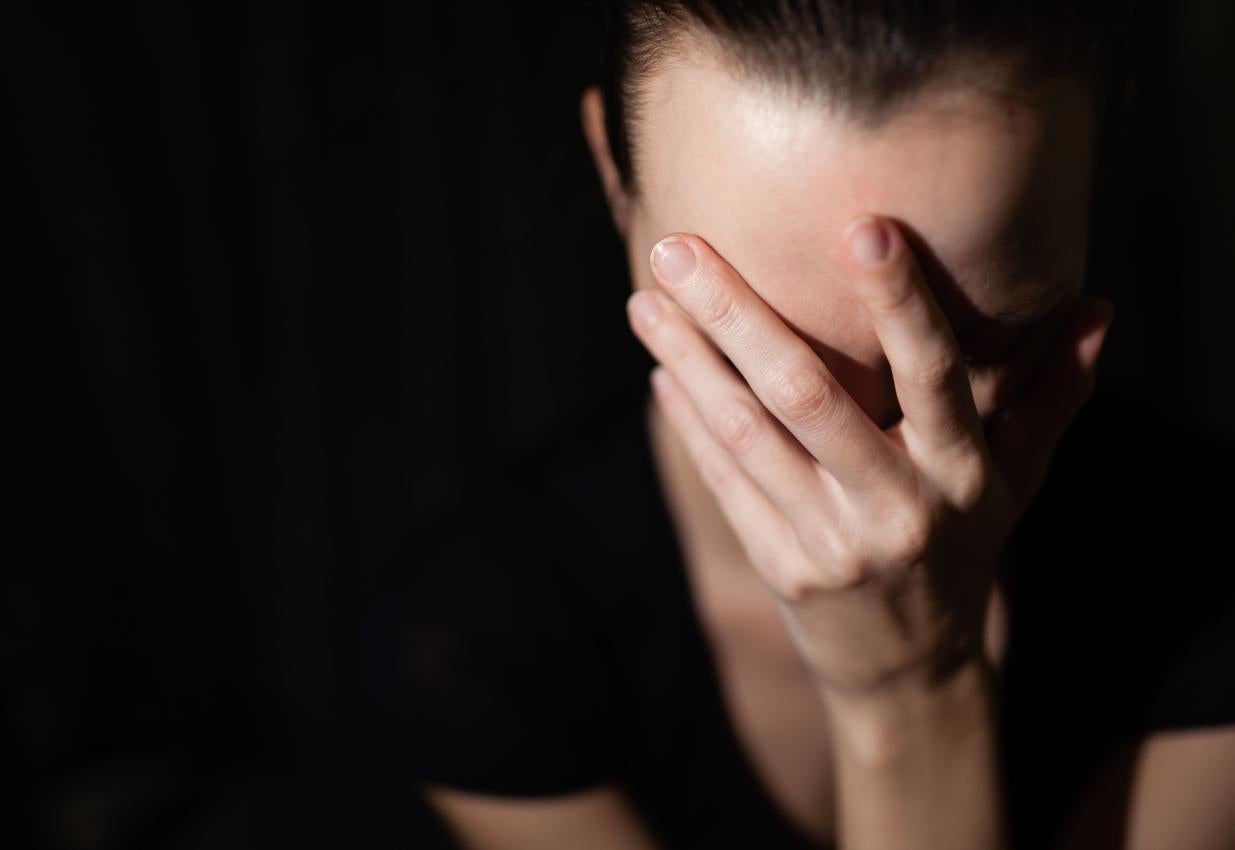Young women ‘significantly more likely’ to report symptoms of anxiety and depression than young men
Charities warn high number of young women working in low-paid and insecure jobs having ‘terrible impact’ on their wellbeing

Young women are “significantly more likely” to report they are suffering from anxiety or depression than their male counterparts, statistics have revealed, raising concerns that a high number of young women working in low-paid and insecure jobs is leading to a severe decline in mental health.
Figures from the Office for National Statistics (ONS) showed worrying levels of mental illness in all young people, with one in five men and women aged 16-24 showing symptoms of anxiety and depression, an increase from 18 per cent in the period 2009 to 2010 to 21 per cent in 2013 to 2014.
Women stood out as being particularly affected, with the proportion of young women reporting anxiety and depression having climbed by four per cent within four years from 22 per cent in 2009 to 2010 to 26 per cent in 2013 to 2014. According to the latest statistics, one in four (25 per cent) young women reported such issues, compared with 15 per cent of young men.
It comes in the same week as data showing that stagnating wages and price increases are putting increasing pressure on young people’s budgets, with the proportion of young people living in households at risk of poverty having increased from 19 per cent in 2008 to 25 per cent in 2015 – prompting concerns that the two may be linked.
Charities have warned that women’s physical and mental wellbeing is suffering as a result of many being unable to afford food, transport and rent. Research by the Young Women’s Trust, a charity supporting and representing young women facing poverty in the UK, shows women are more likely to be on low pay than men, with a quarter of women having been paid less than the living wage, compared with 20 per cent of the overall population.
A Young Women’s Trust survey last month showed more than a quarter of young mothers have had to use a food bank because they cannot afford to buy food, while 39 per cent of young women struggle to make their cash last until the end of the month and one in four are in debt all of the time. The Living Wage Foundation meanwhile found that 27 per cent of young women were not paid a living wage.
Responding to the ONS figures, Dr Carole Easton OBE, Young Women’s Trust chief executive, said: “These figures show that one in four young people is at risk of poverty, and young women in particular are getting trapped on low pay or in jobs that offer no security.
“This is having a terrible impact on their well-being, creating high levels of anxiety and leaving many worried for the future. We must not ignore how many young women are unable to pay rent, falling into debt and turning to food banks.
“Much more needs to be done to improve young people’s prospects. This means paying a proper living wage that doesn’t discriminate against age, delivering on Government commitments to improve housing options for young people and giving young people the skills and support they need to find jobs and become financially independent.”
“This is not only about helping young people; it would benefit businesses and the economy too.”
Subscribe to Independent Premium to bookmark this article
Want to bookmark your favourite articles and stories to read or reference later? Start your Independent Premium subscription today.

Join our commenting forum
Join thought-provoking conversations, follow other Independent readers and see their replies